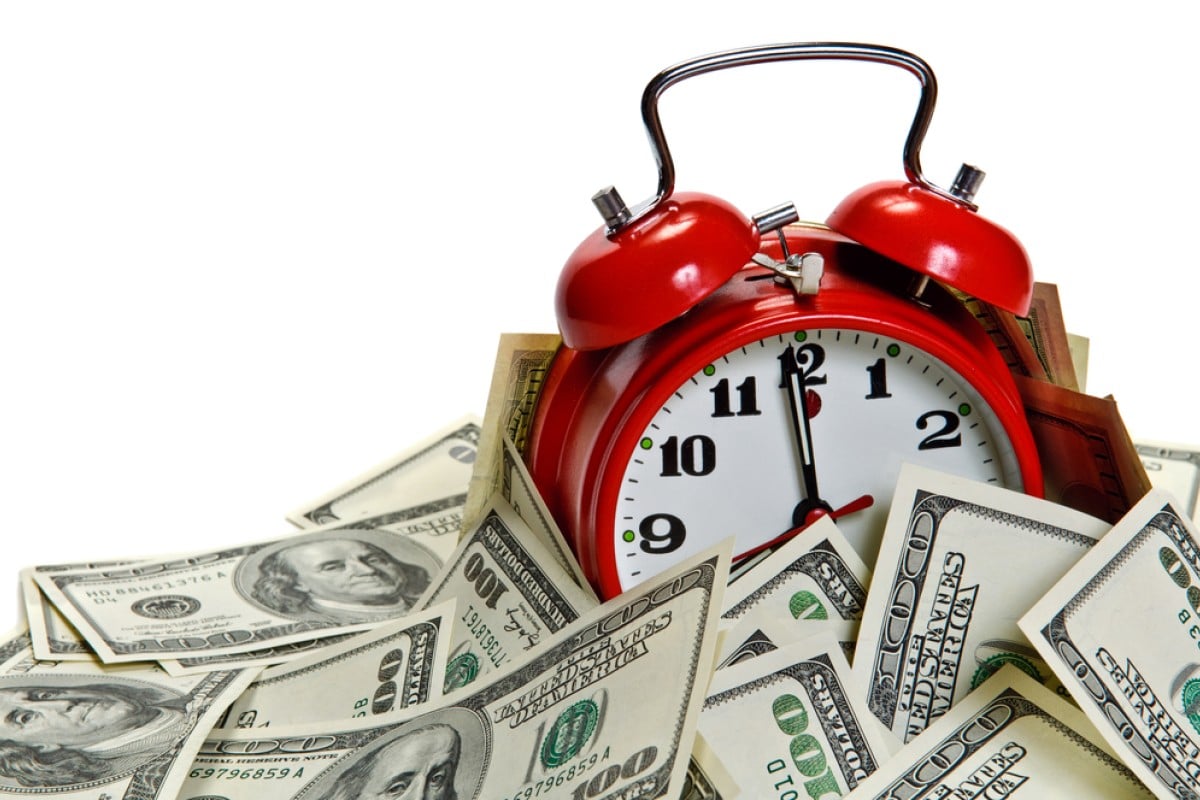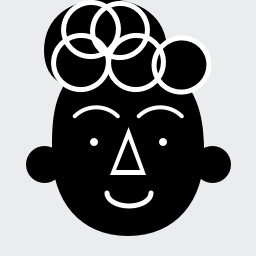
Some nouns are “uncountable”. These are things that are a concept, or not easy to divide.

A noun is a thing, e.g. cat, room, exam. Most of the time, we can talk about how many of these things we have:
Bobby has three cats at home!
It’s amazing how many rooms are empty in our school.
I have three exams on my birthday.
These are known as “countable” nouns.
But some nouns are “uncountable”. These are things that are a concept, or not easy to divide. In general, we do not make them plural, or say how many we have.
Here are some common examples to be aware of:
weather, rain, sun, thunder, lightning, snow, hail, wind
Words for collections of things
furniture, luggage, rubbish, equipment, money, food
Words for ideas and experiences
advice, information, news, progress, work, luck, fun, education, democracy, intelligence, travel, permission, knowledge, experience, understanding
Energy words
heat, electricity, magnetism
Food words
milk, water, juice, oil, bread, cheese, butter, garlic, rice, soup, jam, honey, pasta, seafood, sauce, meat, sugar, flour
Material words
wood, glass, metal, stone, cloth, paper, gold, ice, plastic, sand
Other
love, hatred, music, art, noise, help, time, sleep, nature, wildlife
While they cannot be made plural some uncountable nouns are a bit confusing because they end in “s”, eg
politics, economics, trousers, shorts, scissors
However, when we use these words, we treat them like they are plural, eg
The shorts are red.
NOT
The shorts is red.
One notable exception is “news”, which looks like a plural, but is singular
The news is good.
NOT
The news are good.
When we need to explain how much of an uncountable noun we have, we use quantity expressions eg
a piece of, a block of, a bag of, a litre of, a metre of, a spoonful of, a pair of, a box of, a can of, etc
